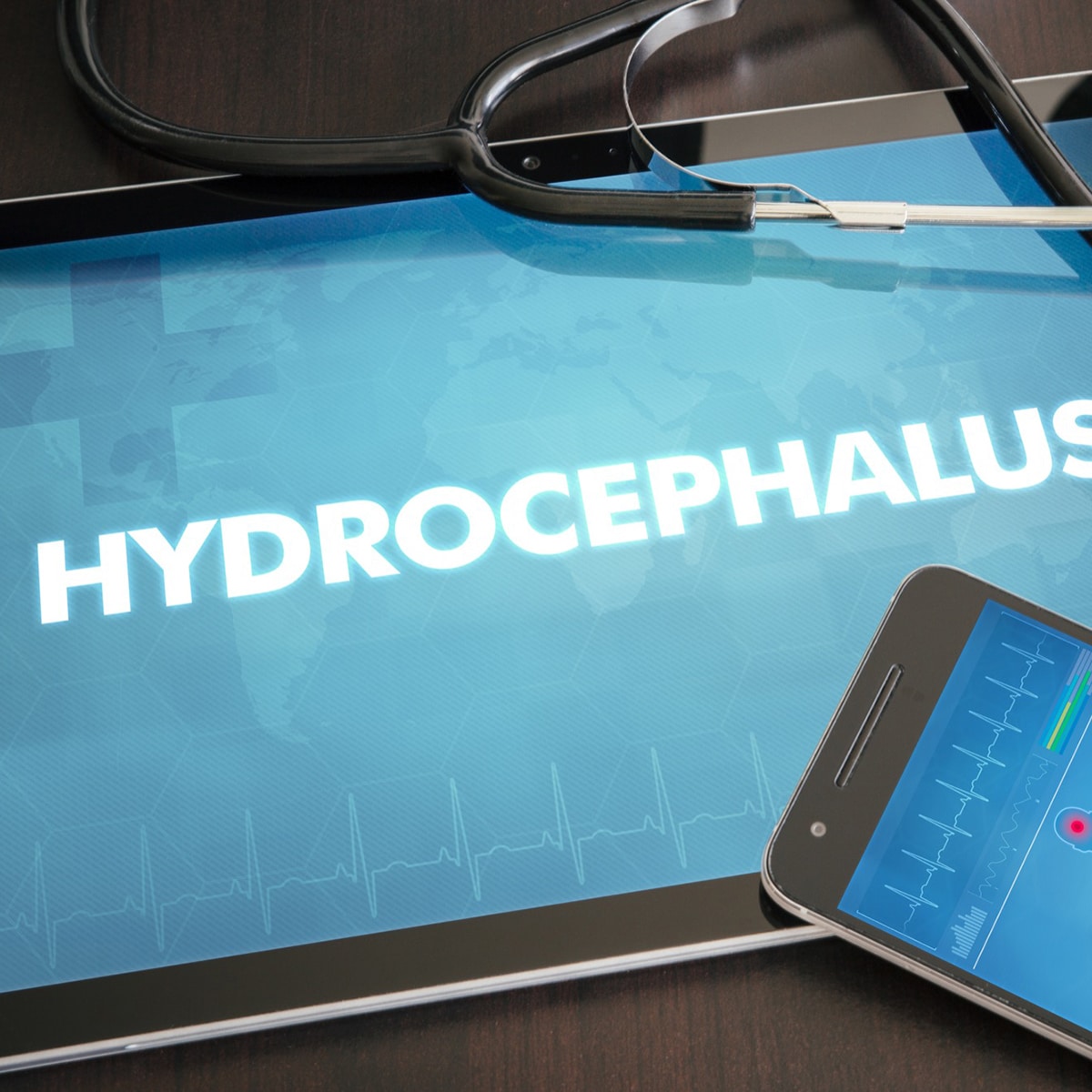 Tranquility offers an extensive array of products to meet a full range of incontinence needs. Some people suffering from hydrocephalus have urinary incontinence issues.
Tranquility offers an extensive array of products to meet a full range of incontinence needs. Some people suffering from hydrocephalus have urinary incontinence issues.
According to the National Institutes of Health website, Hydrocephalus comes from the Greek words “hydro” meaning water and “cephalus” meaning head. It is a condition in which the primary characteristic is excessive accumulation of fluid in the brain. The “water” is actually cerebrospinal fluid (CSF) — a clear fluid that surrounds the brain and spinal cord. The excessive accumulation of CSF results in an abnormal widening of spaces in the brain called ventricles. This widening creates potentially harmful pressure on the tissues of the brain.
The National Institute of Neurological Disorders and Stroke fact sheet explains that “older children and adults may experience different symptoms because their skulls cannot expand to accommodate the buildup of CSF.” Symptoms may include:
· Headache followed by vomiting, nausea, blurred or double vision
· Sun setting of the eyes
· Problems with balance, poor coordination
· Gait disturbance
· Urinary incontinence
· Slowing or loss of developmental progress
· Lethargy
· Drowsiness
· Irritability, or other changes in personality
· Cognition including memory loss
Some of the symptoms of normal pressure hydrocephalus include:
· Problems with walking
· Impaired bladder control leading to urinary frequency and/or incontinence
· Progressive mental impairment and dementia
Find more information about Hydrocephalus at the National Institutes of Health and the National Institute of Neurological Disorders and Stroke.
http://www.ninds.nih.gov/disorders/hydrocephalus/detail_hydrocephalus.htm



